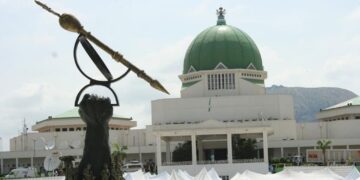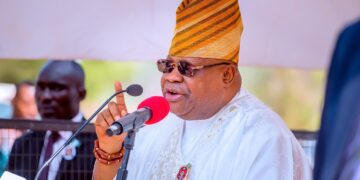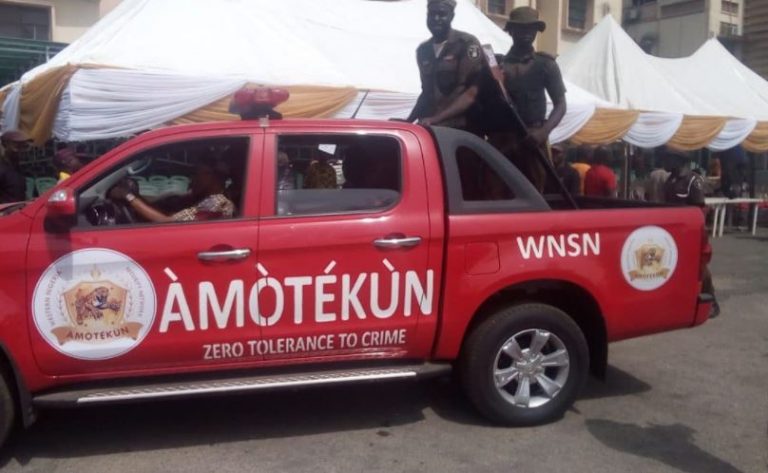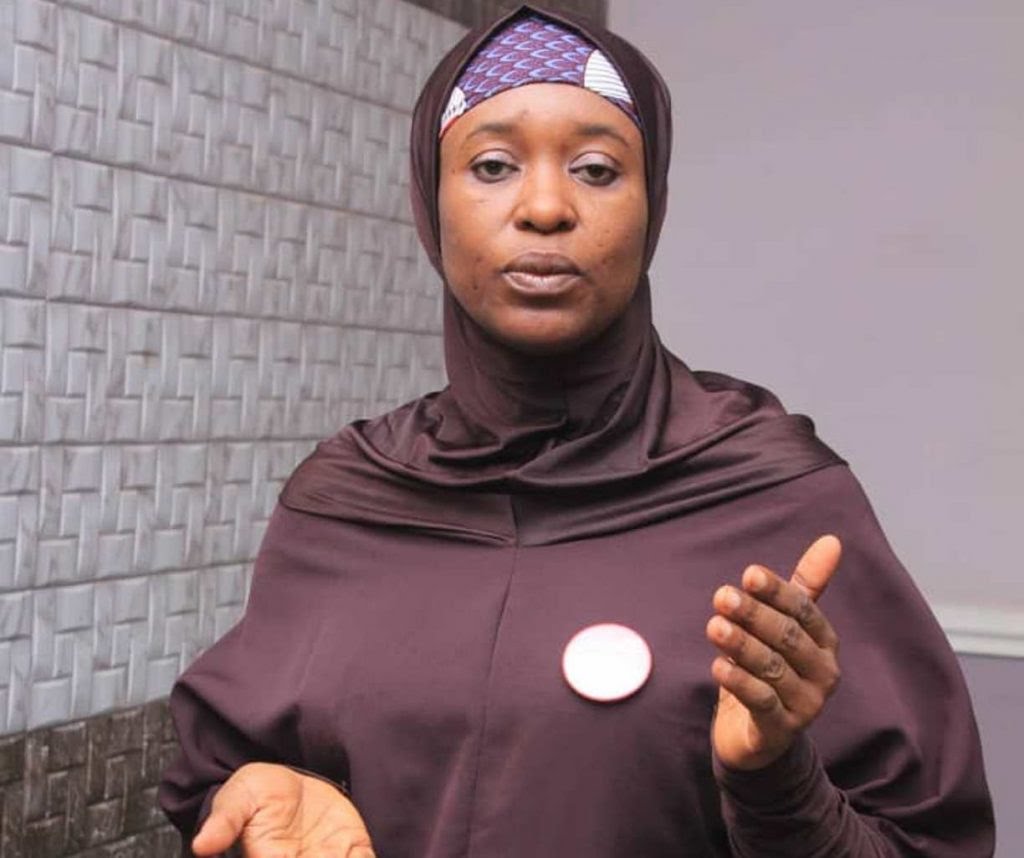By Charles Adeyemi
When Comfort Emmason caused a commotion aboard an Ibom Air flight yesterday 11th August 2025, she probably never imagined her name would instantly become a trending national talking point but in today’s Nigeria, one person’s, misfortune, or moment of crisis can rapidly become an economic resource for others. This isn’t just gossip, it’s the anatomy of what I call the PREDICAMENT ECONOMY, a branch of capitalism that feeds on the spectacle of human struggles.
Her incident may look like just another viral story, but behind the noise lies a sophisticated web of people, industries, and institutions who know how to spin other people’s troubles into cash, influence, or career advancement.
Modern capitalism doesn’t just sell products, it sells stories. Comfort’s predicament was instantly converted from an in-flight disturbance into a content commodity. Different actors package and sell it in ways that fit their own markets. Few among these are:
Bloggers & Digital Content Creators, they churn out videos, articles, and dramatic headlines, earning ad revenue often in foreign currency while enjoying the cheaper spending power of the naira.
Lawyers appear on the scene, claiming to know what law says about the situation but many are simply leveraging the moment to grow their brand visibility.
Public Commentators take to TV, radio, and social media, using the event to showcase their intellect, attract followership, or position themselves for political relevance.
This is not an abstract economic theory for me it’s almost personal.
In 2010, I was a labour activist, working at a multinational company in Lagos. I believed in fighting for fairness and workers’ rights. When our management took actions we felt were unjust, a team of lawyers encouraged me to stand up and challenge them. I listened. I fought. I poured myself into the struggle.
But when I was sacked for daring to confront the system, those same lawyers disappeared. No calls, No legal defence, Just silence.
The union we belonged to the National Union of Food and Distributive Employees betrayed me outright. They collected money from management to undermine the very struggle they had sworn to support.
The irony was painful. A comrade who coordinated with me in those protests was promoted to senior staff, then to a managerial position in the same multinational company. Many of the very people I risked my job for got incentives, permanent appointment letters, and career upgrades but me? I was discarded, a footnote in a story that benefited everyone but me.
What happened to me in 2010 is not far from what’s happening to Comfort today. In both cases, the person at the centre of the storm becomes a resource for others. Some gain money, some gain influence, some gain promotions while others gain followers, clients, or PR mileage.
The irony is that the central figure, the one whose life is turned upside down often walks away with nothing but the scars.
THE HIDDEN BENEFICIARIES.
Beyond the obvious players, there are entire industries quietly profiting from Comfort’s ordeal:
1. Telecom Companies: Every share, every comment, every video view burns through data, boosting revenue for telcos.
2. Aviation Industry PR Teams: Ibom Air may use this attention later to position themselves as vigilant on safety and discipline, while rival airlines subtly position themselves as better.
3. Politicians: Opportunistic political actors might use the incident to talk about passenger rights, aviation safety, or even national discipline gaining political mileage.
4. Consultants: PR and crisis management firms may pitch Comfort emmason or even Ibom Air for paid image repair campaigns and reputation management.
5. Foreign Media Platforms: International outlets love stories that portray Nigerian drama. They gain global clicks, subscriptions, and ad money.
This is how Nigeria’s version of capitalism works: A crisis happens, It becomes public and the market scrambles to monetise it.
It’s predatory, but it’s also systemic. In an economy where many people are one paycheck away from poverty, every viral moment becomes an opportunity to hustle. Morality is often a luxury in such an environment.
This is why the predicament economy will remain a permanent feature of our capitalist culture: because it doesn’t need to fix the root cause. It only needs the spectacle.
If Comfort Emmason’s ordeal feels uniquely Nigerian, it’s only because we are seeing it up close. But the same logic plays out across the world:
In America, George Floyd tragic death in 2020 became a global rallying cry for justice. But while the movement brought visibility to racial injustice, it also birthed merchandise lines, book deals, speaking tours, and corporate “diversity pledges” that often served the profiteers more than the cause.
What of Oscar Pistorius Trial in South Africa, the athlete’s murder trial was turned into a media spectacle, with broadcasters selling exclusive rights, publishers rushing out books, and analysts gaining high-profile careers.
Meghan Markle’s Exit from the British Royal Family (UK) began as a personal decision for mental health but became a global content war via Netflix deals, tabloids selling millions of copies, and PR wars between factions of the royal family.
It’s the common thread in capitalist societies, the person in crisis rarely controls the narrative or reaps the largest rewards. The machine runs on their story, but the profits flow elsewhere.
The bitter truth is; people care more about your story than your survival. They will use your pain as long as it serves their needs, and once the headlines fade, so will their interest.
This is why, when I see Comfort’s situation, I don’t just see a viral passenger story I see a person whose life will be shaped not just by what happened on that flight, but by the opportunists who will surround her in the coming days and unless she learns quickly how to reclaim her narrative and convert it into an asset for herself, she will become just another case study in how capitalism turns human suffering into somebody else’s fortune because in Nigeria’s brand of capitalism, one person’s crisis is another person’s payday.
For God and For Country.
Charles Adeyemi
Political Economist & Development Consultant
Abuja.








